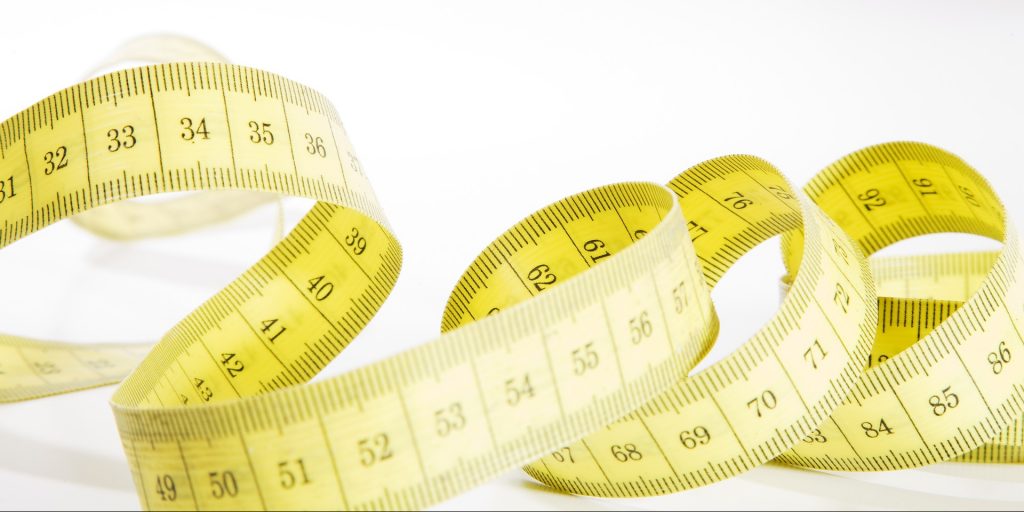
How to Design Assessments that Probe for Understanding
Assessments are often thought of as snapshots of student learning. Students take an exam or write a paper; they receive a score, and that score can be compared to other students’ scores. This allows instructors to rank or rate students in the class. This is a necessary exercise in most subjects. But if that is the only reason for the assessment, a great opportunity to more strategically and effectively support and improve student learning is missed.
The ways that instructors design and use assessments have profound effects on both what students learn and how deeply they learn it. By carefully designing student assessments, both instructors and students can get information to advance student learning.
When instructors align assessments with clearly articulated learning goals using the backward design process, they can design and implement assessments that not only accurately measure the extent of student learning to those goals but better support the specific goals of the subject and provide actionable information to students and instructors on how to advance students’ achievement of the learning goals. Assessments can be used for not only measuring learning but also to help students learn.
As described by Gibbs (2004), assessments that support learning, in general:
- Are focused on the most important aspects of the course (tied to learning goals).
- Require extended time for students to complete.
- Engage students in appropriate forms and levels of study/effort.
- Provide students with a clear description of the assigned task and how the task relates to/supports the desired learning outcomes & subject goals.
- Include feedback on students’ work that:
- Is frequent and sufficiently timely so that it is still relevant to the student.
- Focuses on student performance and learning, rather than student characteristics.
- Is specific and detailed, addresses small chunks of material, and provides clear and actionable guidance for future efforts.
- Expresses confidence in the student’s ability to build understanding and gain competence.
- Is supported by mechanisms that require the student to attend to and act upon the feedback.
Formative vs. Summative Assessment
When designing your subject and putting together your syllabus, one of the first things to consider is what you want your students to know or be able to do by the end of your course (see Backward Design). Still, for you (and your students) to know if they were successful, you’ll need to devise a way of finding out if they actually know/can do those things. This is what assessment is for.
Measuring a student’s knowledge and skills at the end of a unit of instruction using traditional exams, papers, or projects is referred to as summative assessment. Summative assessments are intended to be evaluative and are typically “higher stakes” in that a student’s performances on summative assessments factor into a significant fraction of the student’s overall grade. The feedback given on summative assessments–-usually a grade–-tends to be construed as justifying the grade received, not necessarily furthering students’ understanding.
While there are ways for students to learn by reflecting upon their performance on summative assessments, because such assessments are evaluative in nature, students usually don’t have a chance to demonstrate that they have learned from these assessments. Contrasting with summative assessments, when we talk about assessing for learning, a concept called formative assessment plays a big role.
Formative assessments are frequent, “low stakes” opportunities for students to monitor their progress towards learning goals. Many in-class activities and outside class assignments such as quizzes, small group discussions, and weekly homework assignments can be considered formative assessments if students receive timely feedback on their performance. Feedback is critical because it allows students to gauge their developing comprehension accurately. Feedback on formative assessments intends to help students identify gaps in their knowledge to modify their study strategies accordingly. In particular, novices are not good at self-evaluating their comprehension, so formative assessment opportunities are particularly critical in the early development of expertise (Hacker et al., 2000).
Formative assessment can also be a useful source of feedback for instructors on their teaching.
References
Hacker, D. J., Bol, L., Horgan, D. D., & Rakow, E. A. (200) Test prediction and performance in a classroom context. Journal of Educational Psychology 92(1), 160–170. doi: 10.1037/0022-0663.92.1.160

